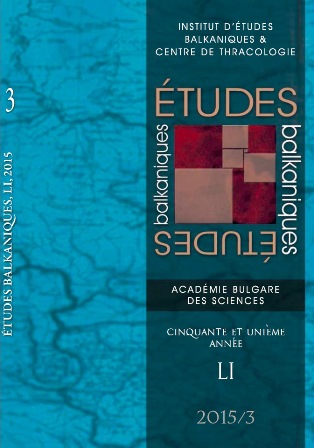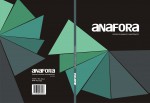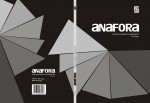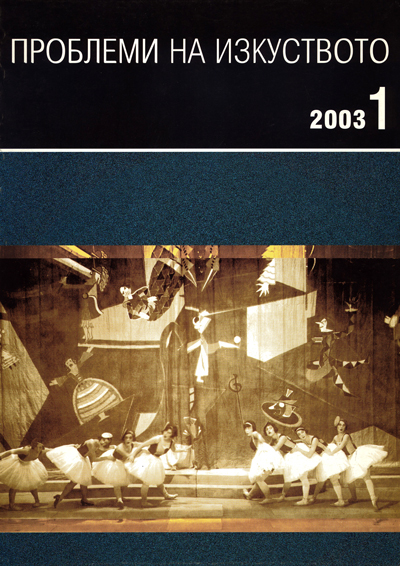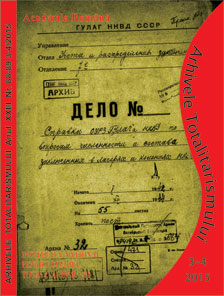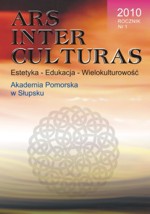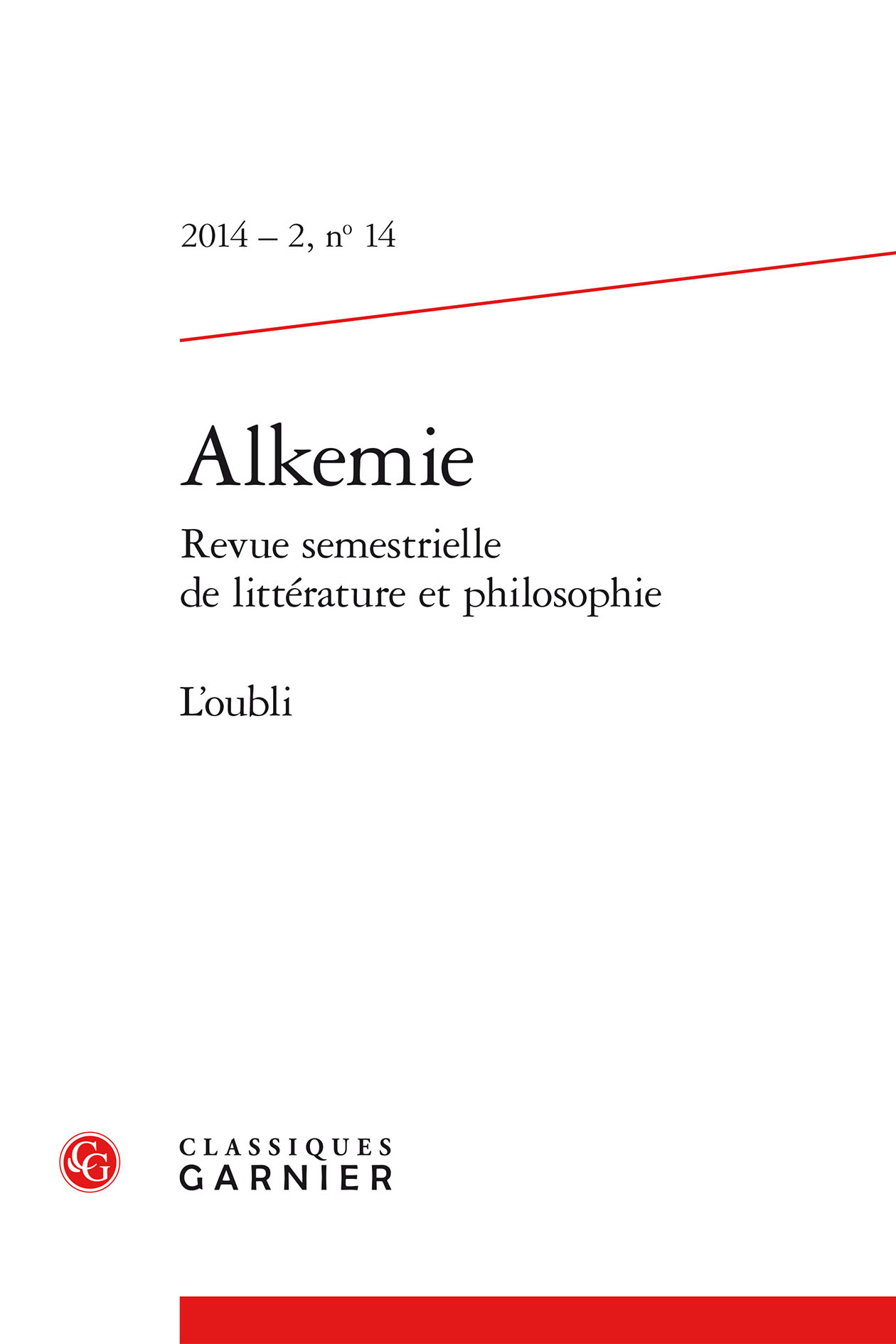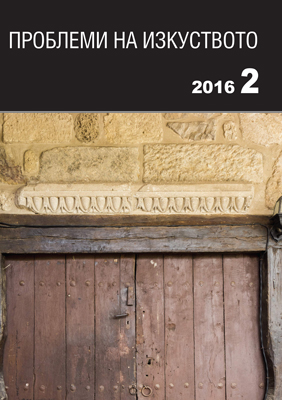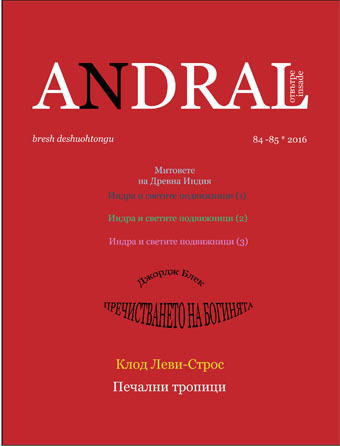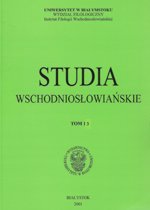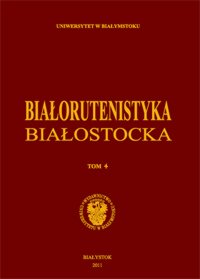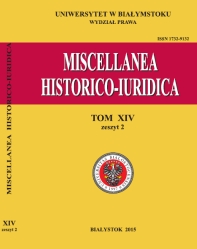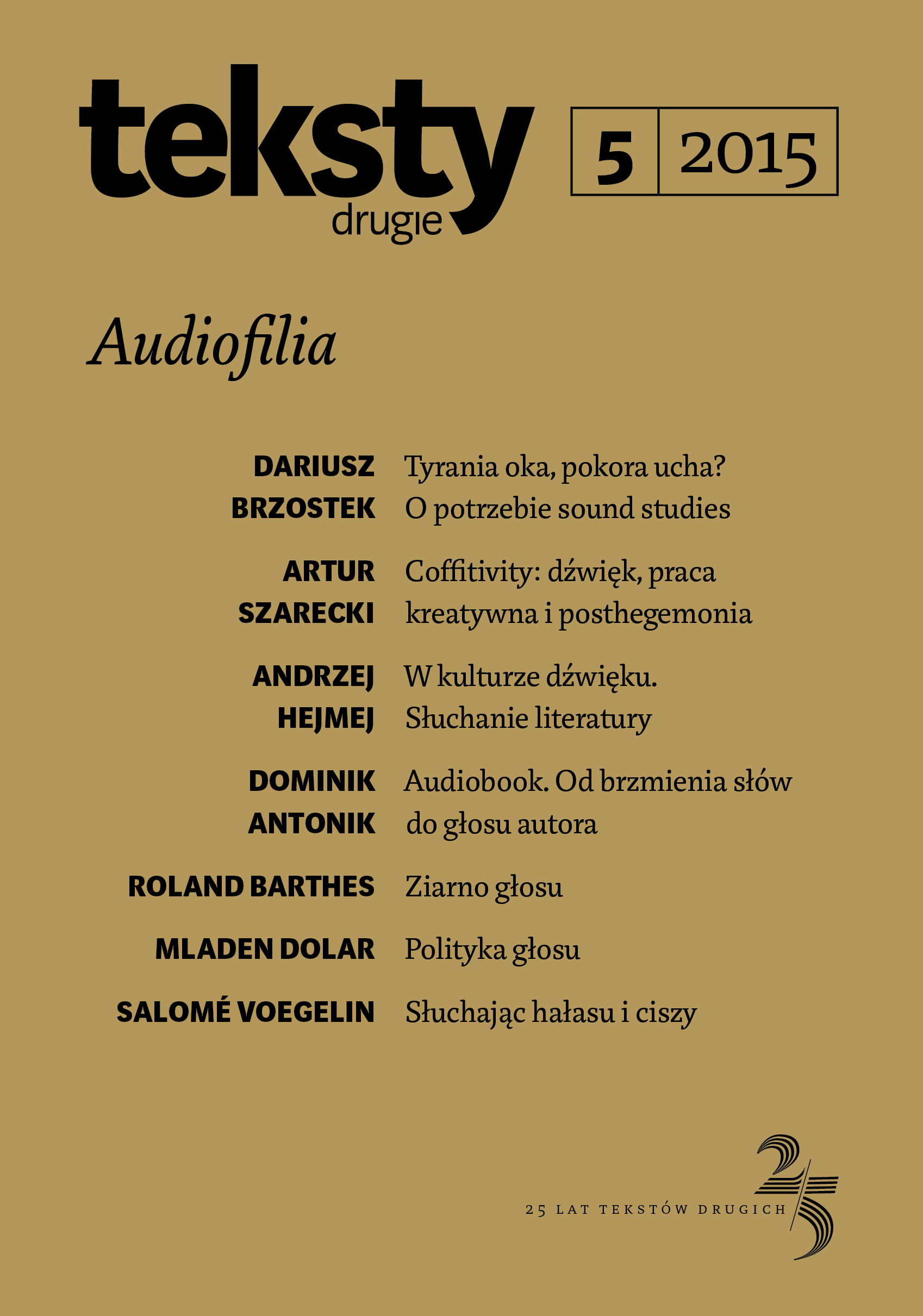Author(s): Jaan Undusk / Language(s): Estonian
Issue: 17/2015
The article discusses World War I as one of the most influential factors in the modernisation of European society that brought about rapid advances in total warfare and modern technology. Weapons of mass destruction were used and “higher forms of killing” deployed,among which the technologically most innovative was poison gas or, more generally, chemical weaponry. It was mustard gas, used for the first time at Ypres in July 1917, that would acquire the most notorious reputation among the war gases, and become almost a symbol of the Great War. Even the gas mask, which was invented during the war, could not lend protection against mustard gas.Due to World War I, a turn towards a less elevated depiction of war occurred in literature. The German word Materialschlacht (“material battle”) denoted the dispatching of an immense amount of “dead matter” (metal, explosives and gas) on both sides of the front, which resulted in the indiscriminate extermination of organic life (e.g. people, horses and the natural environment). The article provides a survey of the early motifs of gas warfare in literatures written in French, German and English (by GeorgesDuhamel, Roland Dorgelès, Ernst Jünger, John Roderigo Dos Passos,Ludwig Renn, Richard Aldington and Erich Maria Remarque),as well as in Estonian literature (by August Gailit and Richard Roht)and memoirs (Heinrich Laretei, and Estonian soldiers serving in the Russian army). A new reading of the short story by Friedebert Tuglas “The Shadow of a Man” (1919) is given, drawing on a discussion260of injuries caused by gas warfare. The foundation of the Russian gas mask industry in Warsaw in 1915 is witnessed via Oskar Luts’s memoirs.The article focuses on the paradoxical transformation of the original deployment of chemical weapons on the fronts of World War I into the genocide that occurred in the death camps of World War II. Active preparations for another, even more extensive chemical war were made during the inter-war period, yet this did not occur as expected. Adolf Hitler, the leader-to-be of the German Nazis, had suffered from severe mustard gas poisoning in the final months of World War I. This triggered the revenge formula directed against Jews he developed in his autobiography Mein Kampf (I-II,1925–1927), gegen Giftgas mit Giftgas (“poison gas against poison gas”), apparently based on the fact that the most enthusiastic ideologist of chemical warfare had been the German chemist of Jewish origin Fritz Haber, the Nobel prize laureate of 1919. During World War II, Hitler’s regime continued the elaboration of the means of gas warfare, exercising it secretly and in a way safe for the aggressors. In1942 gas chambers went into operation in the extermination camps built in the Polish territory (Auschwitz, Treblinka etc.). Thus, a new total war employing gas could not be avoided.
More...
